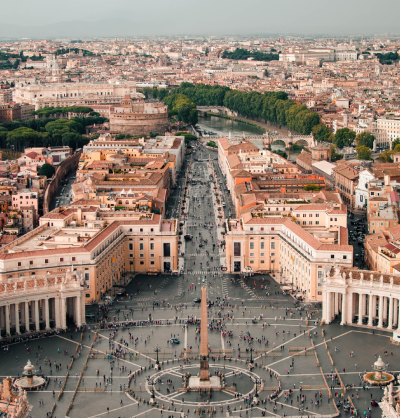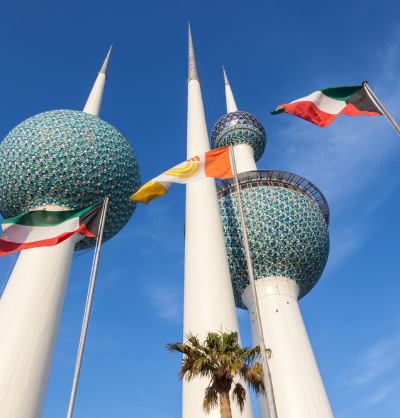The fourteenth issue of the stratEGIC Monthly, featuring analyses of key issues that defined the Euro-Gulf space in March 2023, focuses on how China is slowly entering the region and the beginning of a new chapter for Italy in international relations.
Saudi Arabia and China Strengthen Ties With Saudi Involvement in Chinese Led Political and Security Bloc
By Ashleigh White
On 29 March, Saudi Arabia-China relations were further enhanced as the former agreed to become a Dialogue Partner in the Shanghai Cooperation Organisation (SCO), which could, eventually, lead to full membership in the organisation. The SCO, a China-led political and security bloc currently has eight Members (China, India, Kazakhstan, Kyrgyzstan, Russia, Pakistan, Tajikistan and Uzbekistan), four Observer States (Afghanistan, Belarus, Iran, and Mongolia) and an assortment of Dialogue Partners including: Armenia, Azerbaijan, Cambodia, Nepal, Sri Lanka and Turkey. This list now includes Saudi Arabia, Egypt and Qatar. Iran is currently in the accession process for full membership. This is the latest in a string of activities undertaken by China, under President Xi, to signal the importance of the Middle East and Arabian Peninsula for Beijing; China’s mediation efforts, just weeks ago, between Iran and Saudi Arabia has helped stabilise the region. Additionally, Saudi Arabia-China economic ties are set to grow stronger through the recent announcement that Saudi Arabia will purchase 10% of China’s Rongsheng Petrochemical for $3.6 billion (USD). Riyadh’s partnering strategy, that has moved them beyond the sphere of their traditional, Western allies, coupled with Europe’s growing reliance on the Gulf for energy products, will likely produce increased international influence for Saudi Arabia and the wider Gulf Cooperation Council states.
Saudi Arabia and Iran agree to reopen their ties
By Piercamillo Falasca and Ashleigh White
On 10 March, Iran and Saudi Arabia agreed to re-establish diplomatic relations after a 6 year hiatus. The deal was negotiated by China and was announced after four days of undisclosed talks in Beijing between top security officials from the two powers. Tehran and Riyadh agreed to resume diplomatic relations and re-open embassies within two months, according to a joint statement issued by Iran, Saudi Arabia and China which stressed that: ‘The agreement includes their affirmation of the respect for the sovereignty of states and the non-interference in internal affairs.’ The warming of relations is not considered a game-changer by many international observers, but it is a crucial step towards more constructive advancements in the future. Significantly, observers note the absence of the US in this milestone agreement—perhaps a reflection of the lack of trust between Washington and Beijing. China is unlikely to be positioning itself to replace the US’s broad strategic role in the region, but it is looking to increase its economic interests and this will, likely, produce a knock-on effect that will chip-away at the dominant position of the US. Moving forward, the countries of the GCC, most notably Saudi Arabia, are signalling a willingness to diversify their interests and secure global partnerships irrespective of the increasing rivalry between NATO/EU (on the one side) and Russia/China (on the other).
A New Normal in Italian-UAE Relations?
By Veronica Stigliani
On 3 March, Italian Prime Minister, Giorgia Meloni, paid an official visit to the United Arab Emirates, to strengthen energy cooperation. The visit was part of Rome’s efforts to diversify its energy sources away from Russia—Italy’s main provider of fossil fuels prior to Moscow’s invasion of Ukraine. In Abu Dhabi, Meloni signed two Declarations of Intent: one related to the strategic partnership between the two countries, the other on the joint pursuit of environmental goals set by the United Nations, with the Emirates hosting the Cop29 climate conference in November (2023). On the sidelines of the meeting between Meloni and the UAE President, Mohamed bin Zayed Al-Nayan, the Italian national energy company, ENI, and the Emirati oil company ADNOC signed an agreement on cooperation in the field of energy transition. The visit confirms the Italian government’s willingness to pursue a proactive stance in foreign politics—already this year Meloni visited Algeria and Libya and held talks with Saudi Arabia’s Crown Prince Mohammed bin Salman and with Israel’s Prime Minister Benjamin Netanyahu in search of new strategic and energy partners. The meeting demonstrates the shifting realities and how the Ukraine war produced opportunities for international cooperation to the Gulf countries—which are now situated as pivots in global energy relations.





